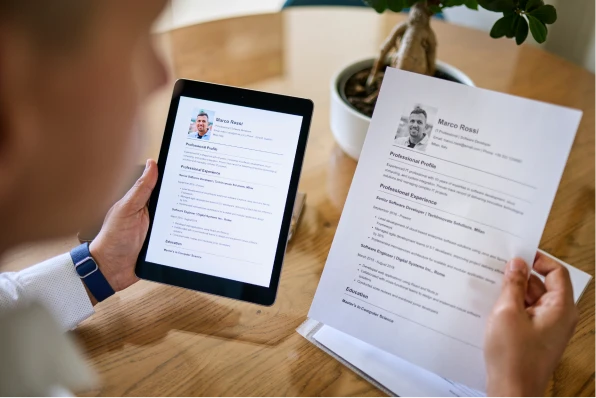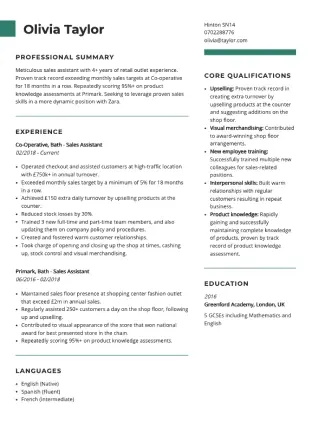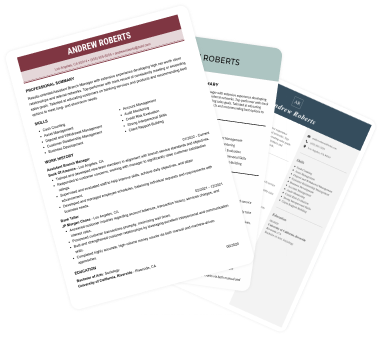
How to Write a CV in 2026: Tips, Templates & Examples
Learn how to write a CV in a few steps. Make a good CV for the UK job market following a dedicated CV template, expert tips, and examples.
Discover everything you need to write a job-winning CV. Explore our collection of expertly crafted CV guides and tips from professional writers. Learn the key elements to focus on when crafting a standout CV for any job and land your dream job today.


Create a CV and get a comprehensive review by an experienced analyst.
Crafting a job-winning CV is all about showcasing your unique skills and experiences. Start with a strong personal statement that highlights your career goals and achievements.
Try Our CV Builder Now